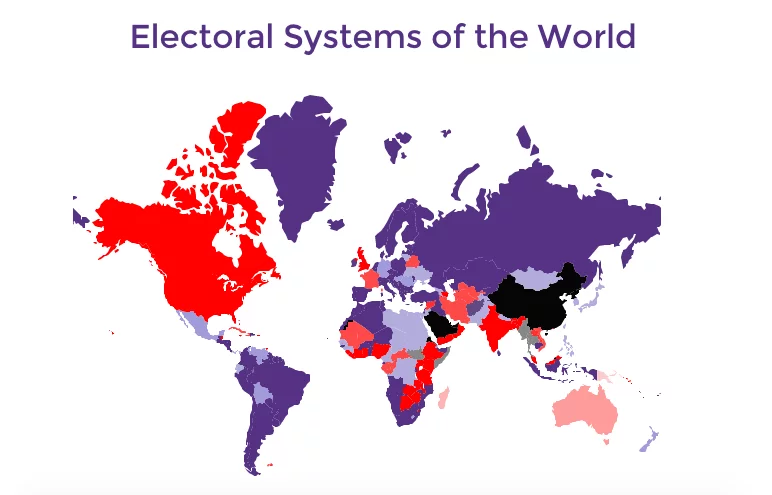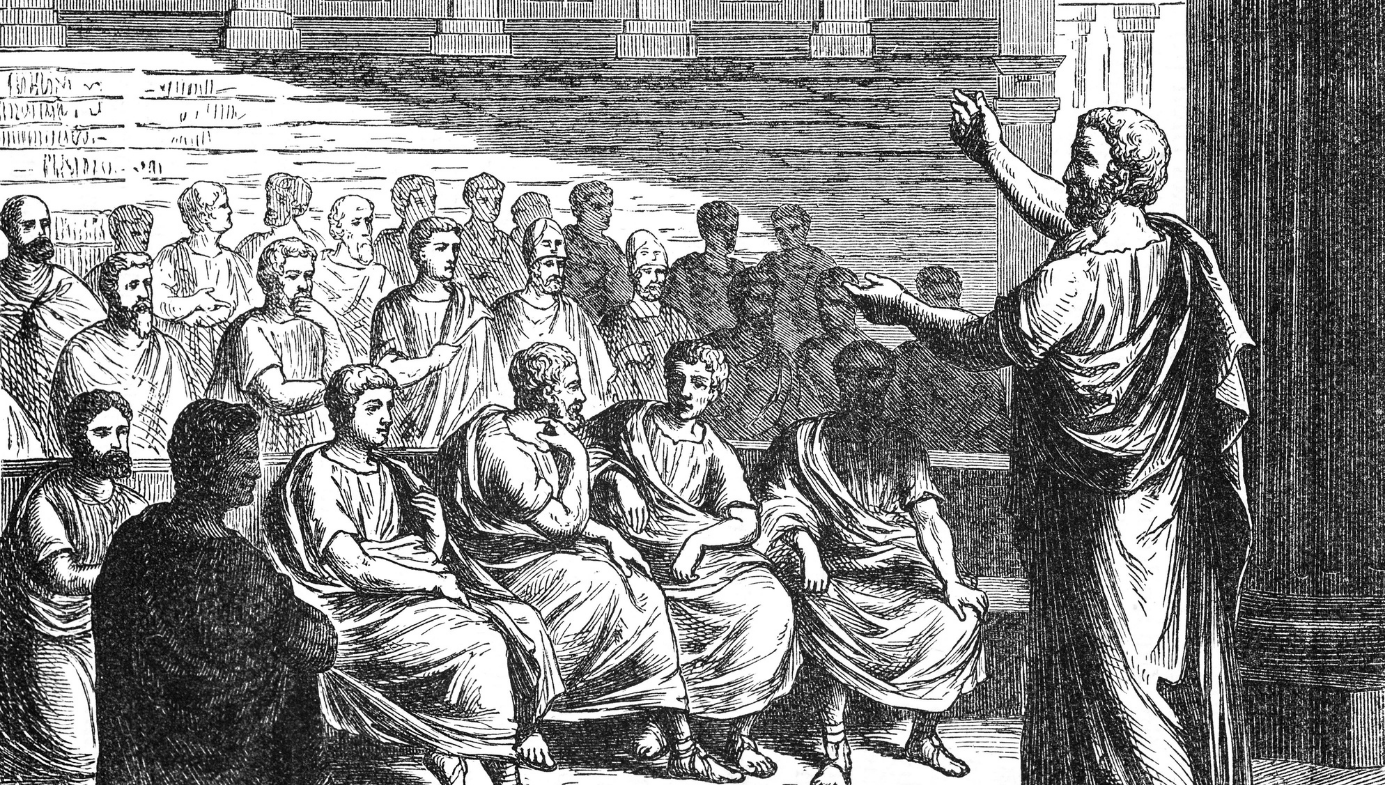Electoral Systems and Representation - A Comparative Analysis
Explore the impact of electoral systems on political representation. Learn how different electoral systems affect representation in this comprehensive analysis

Evaluating the Effectiveness of Electoral Systems in Achieving Political Representation
In the dynamic world of governance and politics, electoral systems play a pivotal role in determining how political representation is achieved. These systems have a profound impact on the functioning of democracies, shaping the outcome of elections and, subsequently, the policies enacted by elected representatives. This blog post delves into the evaluation of various electoral systems in the context of political representation, drawing insights from recent developments in US political news, international political news, and the strategies employed in political campaigns.
Electoral Systems: A Crucial Component of Governance and Politics
Electoral systems define the rules and procedures under which elections are conducted, and they vary significantly across the world. The core purpose of these systems is to translate citizens' preferences into elected representatives who can effectively govern and make decisions on their behalf. However, different electoral systems have their strengths and weaknesses when it comes to achieving this goal.
The United States and its Electoral System
US political news has been dominated by discussions about the effectiveness of the Electoral College in recent years. The Electoral College, a unique feature of the US electoral system, has faced criticism for potentially undermining the principle of one person, one vote. Critics argue that it can result in situations where a candidate who wins the popular vote may lose the presidency due to the allocation of electoral votes.
In the context of political representation, this system has both advantages and drawbacks. It is designed to provide smaller states with a proportionally larger voice in the presidential election, ensuring that candidates address a wide range of concerns across the country. However, it can also lead to situations where the preferences of a majority of voters are not reflected in the outcome, raising questions about the system's effectiveness in representing the will of the people.
State and Politics: Variations in Electoral Systems
State and politics are intimately intertwined, with different states often employing varying electoral systems. For instance, while the US uses a first-past-the-post system for presidential elections, it utilizes a proportional representation system for congressional elections. This variation can result in disparities in political representation, as proportional representation tends to provide more accurate representation of diverse political views.
World Politics News and International Comparisons
When examining the effectiveness of electoral systems, it is essential to consider international examples. World politics news offers valuable insights into how different countries approach this issue. For instance, countries like Germany and New Zealand use mixed-member proportional representation systems, which aim to balance the benefits of constituency representation with proportionality. These systems have been praised for their ability to ensure that minority voices are adequately represented in parliament, leading to more inclusive governance.
Upcoming Political Events and Electoral System Reforms
Upcoming political events often provide opportunities for electoral system reforms. These reforms can address perceived shortcomings and enhance political representation. In the US, discussions about potential electoral system changes, such as the National Popular Vote Interstate Compact, have been ongoing. This compact seeks to ensure that the winner of the popular vote also wins the Electoral College, potentially aligning the system more closely with the principle of political representation.
Political Campaign Strategies and Their Role
Political campaign strategies are intrinsically linked to electoral systems. Candidates and parties adapt their strategies based on the specific rules and incentives of the electoral system in place. In systems where winner-takes-all, like the US presidential election, candidates focus on swing states and prioritize broad appeal. In proportional representation systems, parties often seek to build diverse coalitions and appeal to niche demographics.
Electoral Systems and Minority Representation
One of the key aspects of evaluating electoral systems is their ability to represent minority groups. In many democracies, minority populations can be sizable, yet their voices can be drowned out in a first-past-the-post or winner-takes-all system. In contrast, proportional representation systems often do a better job of ensuring that minority viewpoints are adequately represented in legislative bodies.
For instance, consider countries like India and Canada, which use a first-past-the-post system for their national elections. While this system provides stability and clear outcomes, it can result in limited representation for smaller parties and minority groups. In contrast, countries like the Netherlands and Israel, with their proportional representation systems, have a more diverse range of parties in their legislatures, giving a platform to voices that might otherwise be marginalized.
Electoral Systems and Voter Turnout
Another crucial factor in evaluating electoral systems is their impact on voter turnout. Voter turnout is a fundamental aspect of political representation, as it determines the extent to which citizens are engaged in the political process.
Some electoral systems, like compulsory voting in Australia, aim to boost voter turnout by legally requiring citizens to vote. Others, like the first-past-the-post system in the United Kingdom, have seen fluctuations in turnout, with some arguing that a lack of proportional representation discourages participation, especially for voters whose preferred candidates have less chance of winning.
World Politics News and Electoral System Adaptation
World politics news frequently reports on how countries adapt their electoral systems to address challenges and improve representation. These adaptations can be driven by various factors, including changes in demographics, shifts in party dynamics, or the need to foster political stability in diverse societies.
For example, Canada has undergone several electoral system reform debates in recent years, exploring alternatives to the first-past-the-post system to achieve better representation. Similarly, New Zealand held a referendum on electoral system change, leading to the adoption of a mixed-member proportional representation system in 1993.
Political Campaign Strategies and Electoral Systems
Political campaign strategies are inextricably linked to the electoral system in use. In winner-takes-all systems, candidates often focus their efforts on swing regions or demographics where they believe they can secure the most votes. Conversely, in proportional representation systems, parties may seek broader appeal to maximize their overall vote share.
Moreover, campaign strategies can evolve based on recent developments in political news. For example, the rise of digital media and social networks has dramatically transformed political campaigns. Candidates now have the opportunity to reach a wider audience and target specific demographics with tailored messages. Understanding the interplay between campaign strategies and electoral systems is essential for candidates seeking effective political representation.
Continual Evaluation and Reform
In the ever-evolving landscape of governance and politics, the effectiveness of electoral systems in achieving political representation remains a critical topic. As societies grow and change, electoral systems must adapt to ensure that the voices of all citizens are heard and represented in government.
This evaluation encompasses not only the mechanics of different electoral systems but also the broader implications on minority representation, voter turnout, and political campaign strategies. In a world of shifting demographics and evolving technologies, the quest for more equitable and inclusive political representation continues to shape the political discourse, driving the need for continual evaluation and reform of electoral systems. Ultimately, the effectiveness of these systems lies in their ability to reflect the will of the people and uphold the principles of democracy.
What's Your Reaction?

















